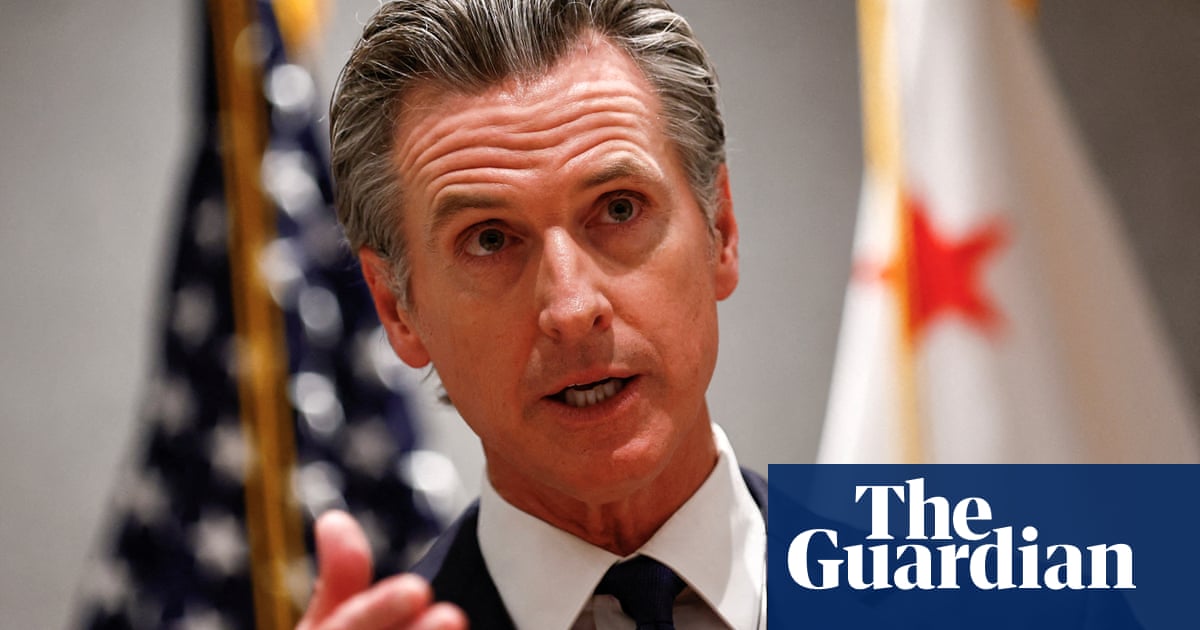An average annual energy bill in England, Scotland and Wales will rise by 1.2% to £1,738 from January, heaping further pressure on household finances.
The energy regulator Ofgem said its quarterly price cap would go up by £21 a year, or about £1.75 a month, for a typical household’s gas and electricity use.
The increase for the January-to-April cap comes on top of a 10% rise for the period between October and December, when it was £1,717 a year.
As temperatures drop during the winter, consumers also face a squeeze from rising mortgage costs and higher inflation as well as threatened price rises by retailers as a result of changes made in last month’s budget.
The price cap is set every three months by Ofgem, the regulator that covers Great Britain, and is the maximum suppliers can charge their 26 million household customers for each unit of gas and electricity.
The annual figure represents the average use in a British home. However, consumers may pay more than the cap, depending on their usage.
Ofgem said the new cap will be £190 cheaper compared with January 2024 and 57% less than in January 2023, during the energy crisis.
But bills will remain far higher than the £1,216 seen before Russia’s invasion of Ukraine in February 2022, which sent gas prices soaring and threatened to push energy bills above £4,000.
Tim Jarvis, the director general of markets at Ofgem, said: “While today’s change means the cap has remained relatively stable, we understand that the cost of energy remains a challenge for too many households.
“However, with more tariffs coming into the market, there are ways for customers to bring their bill down so please shop around and look at all the options.”
Millions of pensioners will no longer receive the winter fuel allowance benefit this year after the government decided to means-test the benefit.
Modelling released by the Department for Work and Pensions on Monday estimated that the change would push 50,000 more pensioners into relative poverty next year, and an additional 50,000 by the end of the decade.
Caroline Abrahams, the charity director at Age UK, said: “Older people, struggling without their winter fuel payment, who were praying for a reduction in energy prices to help them in the new year, will be bitterly disappointed today.”
after newsletter promotion
Cornwall Insight, a respected energy consultancy, predicted bills will reduce slightly, by 1.4%, from April, falling to £1,713 a year.
Dr Craig Lowrey, the principal consultant at Cornwall Insight, said: “This latest increase in the price cap underlines the continuing volatility of the energy market, which is still experiencing the lingering effects of the energy crisis.”
He added: “There’s little point in waiting for the market to settle on its own – there’s no going back to so-called ‘normal’ prices, unfortunately. This is the new reality.”
Ed Miliband, the energy secretary, said: “As long as Britain remains exposed to the rollercoaster of global fossil fuel markets, we will be vulnerable to energy price rises over which we have no control.
“The government’s clean energy mission is the only way to take back control of our energy, with cheaper and more secure power, out of the grip of dictators like Putin.”
Ofgem said 1.5 million households had switched energy tariff in the past three months, adding that savings of up to £140 were available.

.png) 3 months ago
30
3 months ago
30













































